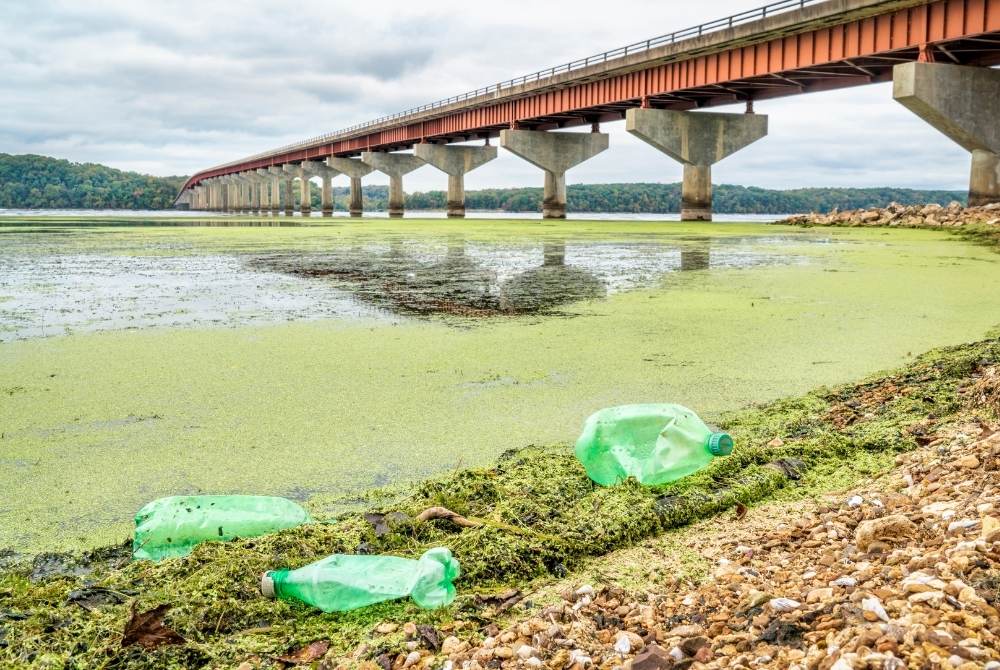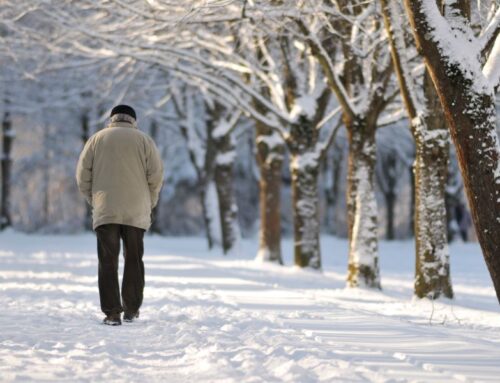
Did you know that rivers are essential for life? They provide water for drinking, irrigation, and transportation. In addition, rivers also support fish and other wildlife. Plus, they play an important role in the global water cycle by transporting water from the land to the oceans. There are over 60,000 rivers in the world! We need to do our part to protect them.
Clean rivers means healthy ecosystems
Rivers provide important benefits—called ecosystem services—that impact our day-to-day lives. They provide drinking water, irrigation, transportation, and more. They also provide habitat for important fish species.
For example, communities around the world depend on rivers and streams for:
- Food: rivers play an important role in irrigating crops. Without these water sources, many areas would not be able to grow food.
- Clean water: over half (60%) of the world’s drinking water comes from American rivers.
- Electricity: rivers are used for generating hydro-electric power and providing electricity to many areas globally.
- Transportation: rivers play an important role as passageways for transporting grain, coal, ore, and other imports to market.
- Recreation and tourism: people have been enjoying rivers for recreational purposes for centuries. The tourism that rivers attract provides a significant economic boost to waterfront areas.
- Flood protection: when waters rise, floodplains can absorb large amounts of water. This provides natural flood control for coastal communities, preventing billions of dollars in damages.
Additionally, rivers around the world provide habitat for different types of plant and animal species. Trout thrive in highland streams, while catfish lurk near the bottom of slow-moving water. Migrating fish, like salmon, swim up to cooler, stony beds to reproduce. Floodplains provide calm shallow waters, allowing fish to grow larger before swimming out to sea.
Even the smallest fish play an important role in the ecosystem. “Forage fish” like river herring swim upstream to multiply. They then head out to sea, providing food for important recreational and commercial species that feed millions of people, such as cod, haddock, and striped bass.
How litter affects rivers and the ecosystem
Litter has a huge impact on rivers and the ecosystem. When litter enters the water, it can cause problems for the plants and animals that live there. It can also block sunlight from reaching aquatic plants, which can lead to oxygen depletion in the water. This can create a harmful environment for fish and other creatures that need oxygen to survive. In addition, litter can also carry harmful chemicals and pollutants into the water, which can further damage the ecosystem.
Why it’s important to clean up rivers
Cleaning up rivers is important because it helps to protect the environment and the creatures that live there. When we remove litter from rivers, we’re helping to create a healthier environment for everyone. In addition, cleaning up rivers also helps to prevent flooding and soil erosion. So not only are we helping the environment, but we’re also helping to protect our homes and communities!
How you can help
People across America are coming together to help clean up our rivers. Helping is simple! Once a month, commit to taking a walk along a river in your nearby community with friends and family. Grab a Handler and Grappler form Grapplers, for easy trash pickup and pick up at least 20 items of trash along your walk each. These easy acts just once a month can save millions of pounds of trash from entering our nation’s waterways and will ensure that we have healthy ecosystems for years to come.




